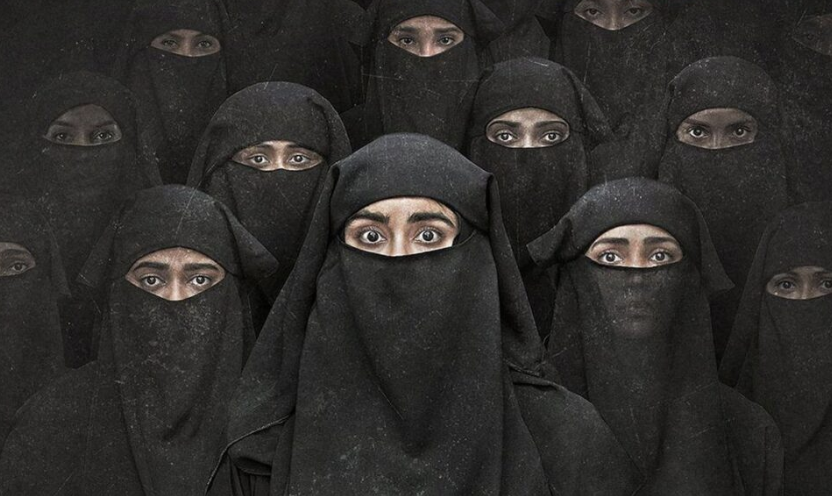
Spend long on India’s highways and you’ll soon see them, vast and gaudy, their white-toothed heroes gazing out. Movie billboards, thousands of them, each showcasing some romance or spy flick as the trucks and taxis rattle by. Now, though, these Bollywood staples are joined by something new. There she is, her bob cut with streaks of white, atop a large pair of retro glasses. The actress is Kangana Ranaut: but it’s clear she’s trying to imitate Indira Gandhi, India’s first and only woman prime minister.
Emergency, which lately appeared in Indian cinemas, portrays the 21 months from June 1975 that Gandhi suspended the constitution and ruled the country by decree. Citing rising political violence, and long-standing tensions with Pakistan, the Premier’s actions have been deeply controversial ever since. But if you know anything about Kangana Ranaut, you shouldn’t expect subtlety alongside your popcorn. For beyond producing, directing and starring in Emergency, the 38 year old is also a member of parliament for the ruling Bharatiya Janata Party.
As a Hindu nationalist outfit, the BJP has always loathed Gandhi’s secular brand of politics. That’s clear enough from those billboards: Ranaut’s Indira practically snarls, a narcissistic demagogue as flames smoulder ominously behind. Not that she’s alone. For decades, after all, politicians here have understood the immense power of the big screen, especially when so many Indians remain illiterate. Yet if Indira Gandhi’s own Indian National Congress exploited movies in the past, the BJP is doing something new, borrowing its links to the stars to dehumanise its foes — not just long-dead Gandhis, but many millions of Muslim citizens too, a strategy that could yet turn deadly.
Since independence, Indian politicians have revelled in the silver screen. The cinema of the Fifties and Sixties, the heyday of Congress rule, reflected Jawaharlal Nehru’s founding vision of socialist nation building. One classic example here is Ab Dilli Dur Nahi (“Now Delhi is Not Far Away”). Released in 1957, it follows a young boy who visits the capital to secure justice for his falsely imprisoned father, pleading his case to none other than Nehru himself. Other movies from this period invoke similar progressive pieties, lionising ethnic minorities and assailing greedy landlords.
At the same time, Congress was happy to ban any movies it didn’t like. In 1975, for instance, it temporarily repressed Aandhi because it apparently drew on Gandhi’s relationship with her estranged husband. It’s a strategy that continued for as long as Congress was in power. In 2014, to give one example, it banned Kaum De Heere (“Gems of the Community”) because it allegedly glorified Gandhi’s killers. Gunned down by her own Sikh bodyguards, in 1984, they claimed revenge for an attack by Indian troops on the Golden Temple, the most sacred shrine in Sikhism. Politically, if not ethically, such sensitivity makes sense. Indian politicians have for long understood that cinema can sway voters in their favour. Boasting a vibrant film industry even before independence from Britain, in 2023 the sector pulled in $1.3 billion, with the industry pumping out some 1,500 films a year.
Yet if Congress pulled the plug on films for political gain, and on releases they felt could spark communal strife, its BJP successors have embraced film far more aggressively. Over their decade dominating the country’s politics, indeed, what can only be described as Hindu nationalist propaganda has flooded Indian cinemas. It’s worth returning to Emergency here, with Ranaut using her film to effectively paraphrase Modi that Gandhi’s rule by decree “was a dark chapter” in the country’s history. Considering Gandhi used the Emergency to suppress a range of Hindu nationalist organisations, that antipathy makes sense.
This story was originally published in unherd.com. Read the full story here.






